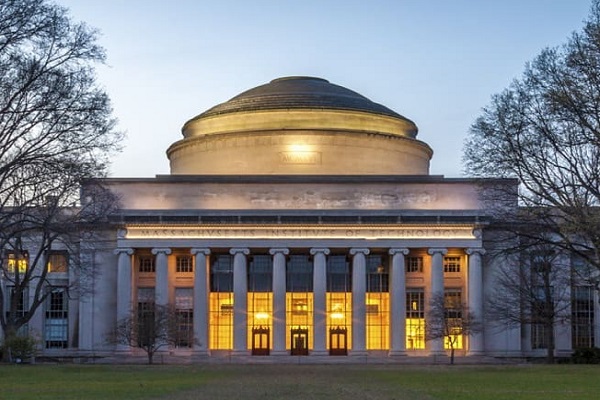Local Nonprofits Collaborate with Massachusetts Institute of Technology’s Code for Good Club
Computer hackers who break into websites, change the code, and do harm are very real. But MIT Code for Good members want to do just the opposite. This group of mostly electrical engineering and computer science majors (EECS, Course 6) wants to help important causes. Each semester, club members consult with nonprofits in the Boston area to support their technical needs.
Formed in 2016, the club currently has 20 undergraduate members, but graduate students are also welcome. The work varies from project to project but often involves website and blog creation, software support, app development, and data analysis and visualization. Past clients include Parents Helping Parents, Chinese Cultural Connection, The Depression and Bipolar Support Alliance of Boston, and the Boston Tax Help Coalition, among others.
“We reach out to local nonprofits and ask if there are any projects that we can help them with, or if there are any projects that they want to do that they do not have the technical ability to do,” says Will Reed, club officer. “There are no course requirements for students to join the club, and students with any background or major are encouraged to apply. Students who are not computer science majors will be put on a team or project that needs their skill set. The time commitment is three to five hours a week.”
“It’s great to be able to collaborate on a project with a team and to be able to build something that is able to impact others through the nonprofits we serve. Our projects help us to learn and grow as developers, while also making something meaningful and purposeful,” says Isaac Taylor, a Course 6 junior.
“A class I found especially helpful is 6.s063 (Design for the Web: Languages and User Interfaces), a new developing class that teaches web development through the lens of usability and design principles. It provides a good foundation in many of the skills applicable to the projects in Code for Good. The coding-focused classes — especially 6.100A/B, 6.101, 6.102 — are also helpful to get more comfortable with software development,” says Taylor.
“The organizations that we work with appreciate the work we do, and nonprofits regularly decide to continue to work with the club,” says Reed.
Students interested in such work should keep an eye out this fall for the application if they’re interested in becoming a club member. The club will also be recruiting for executive positions. For more information visit the website. Organizations in the Boston area interested in collaborating with the club can contact them via email.

